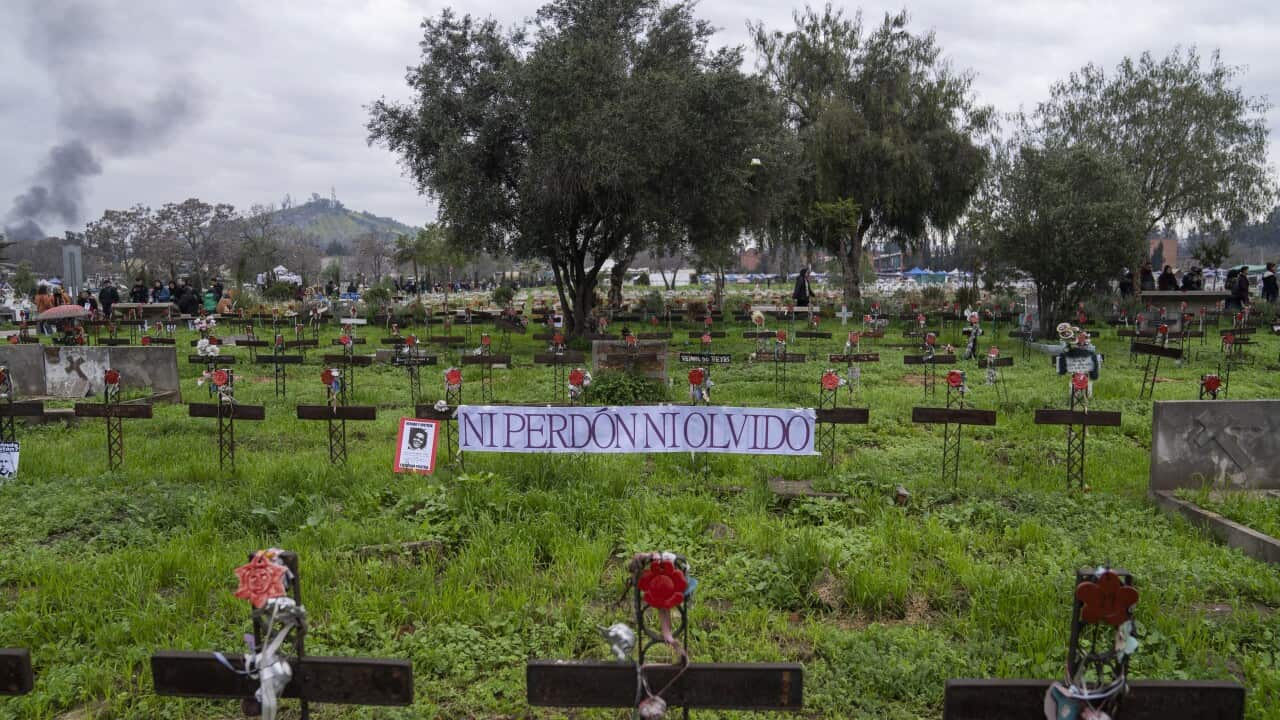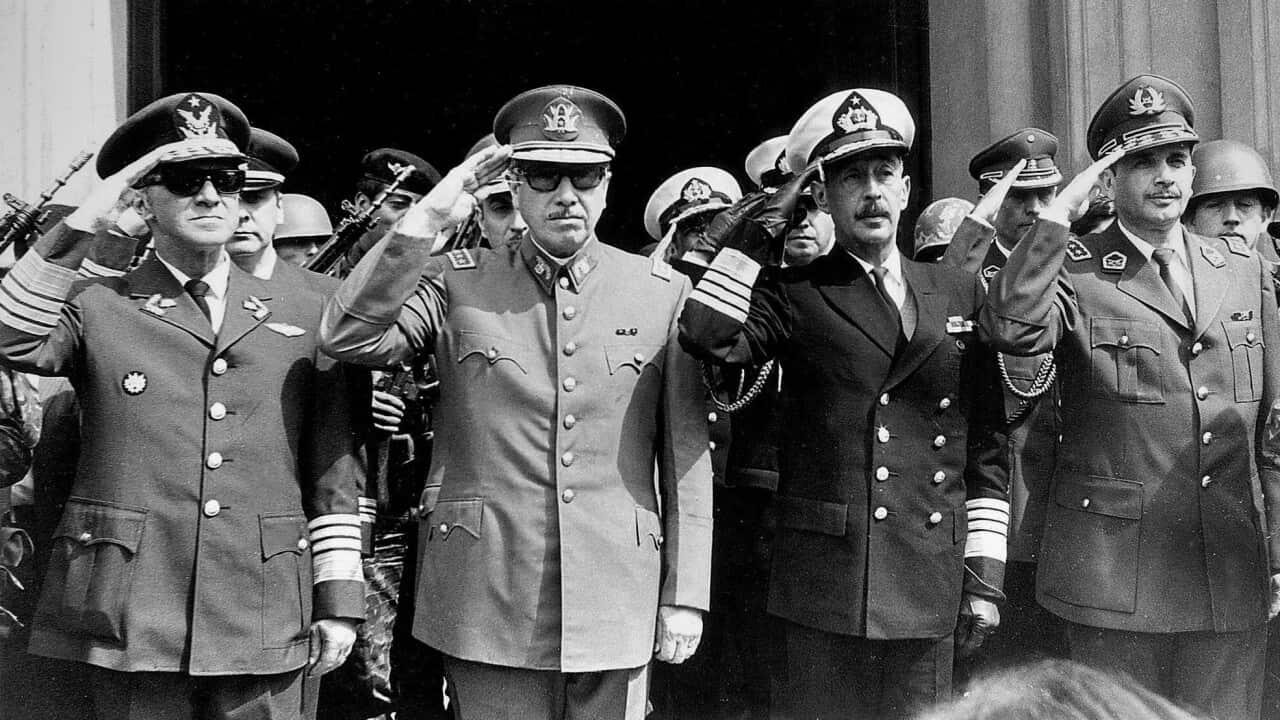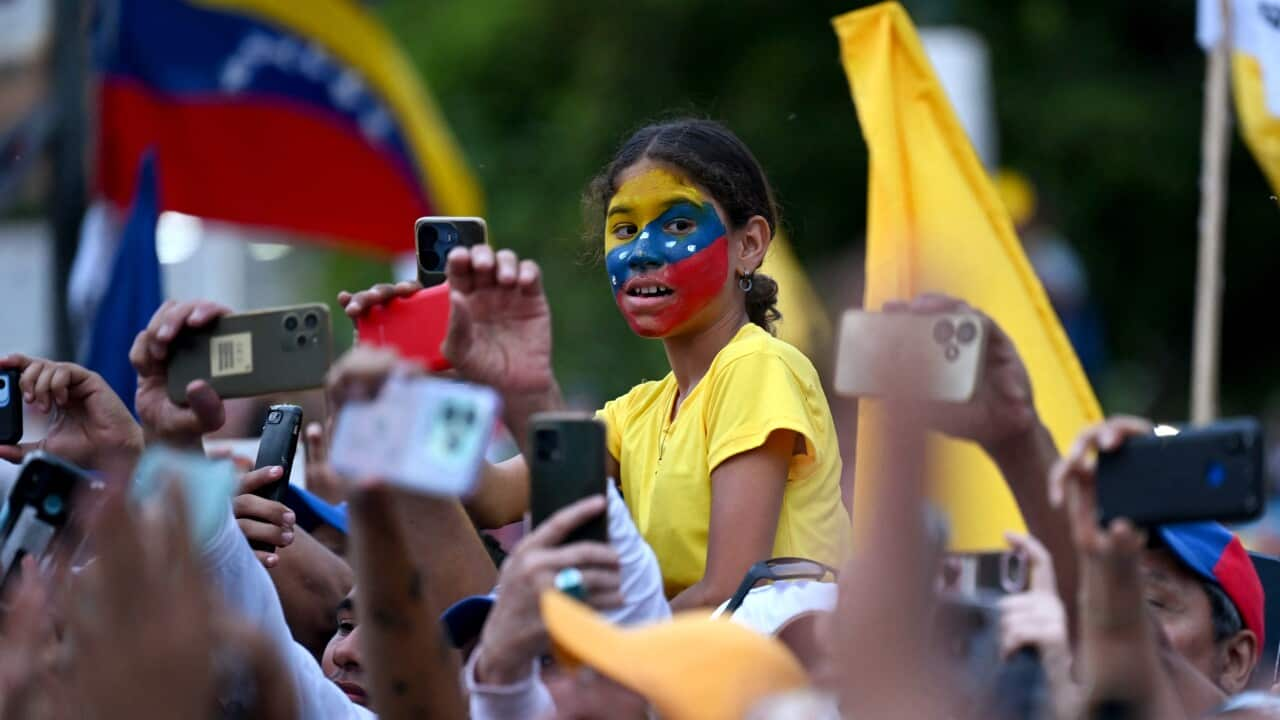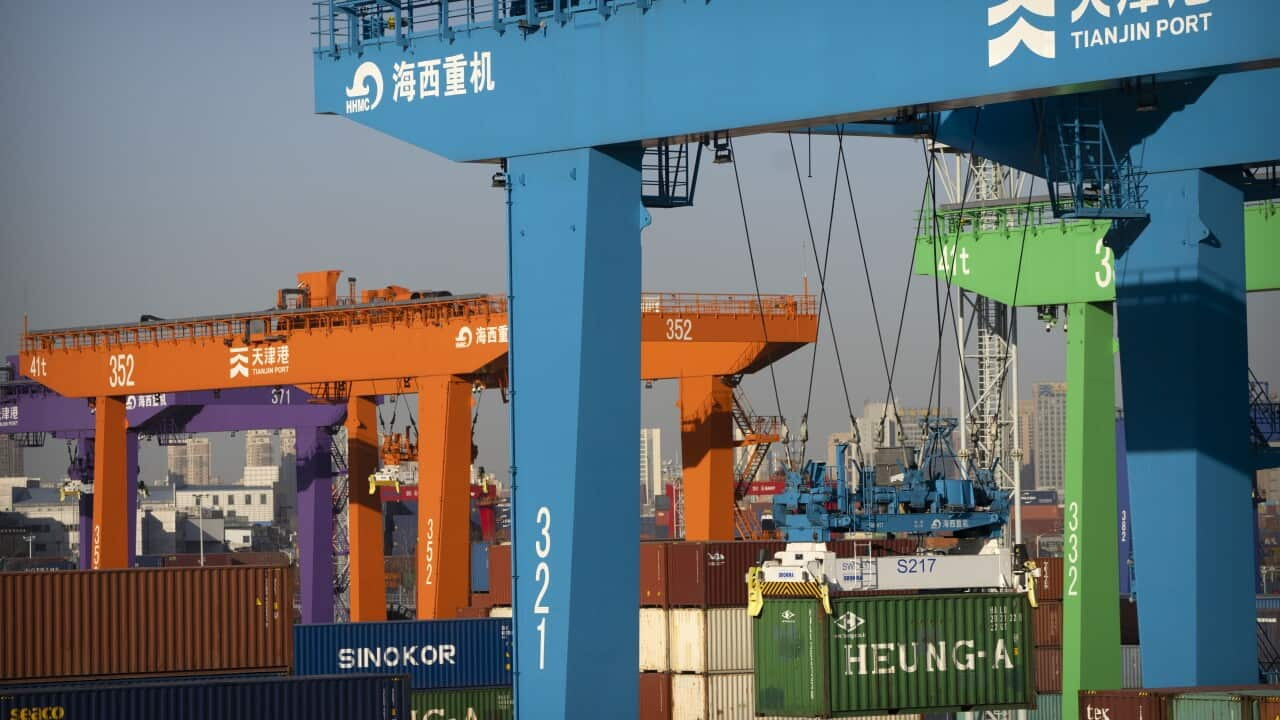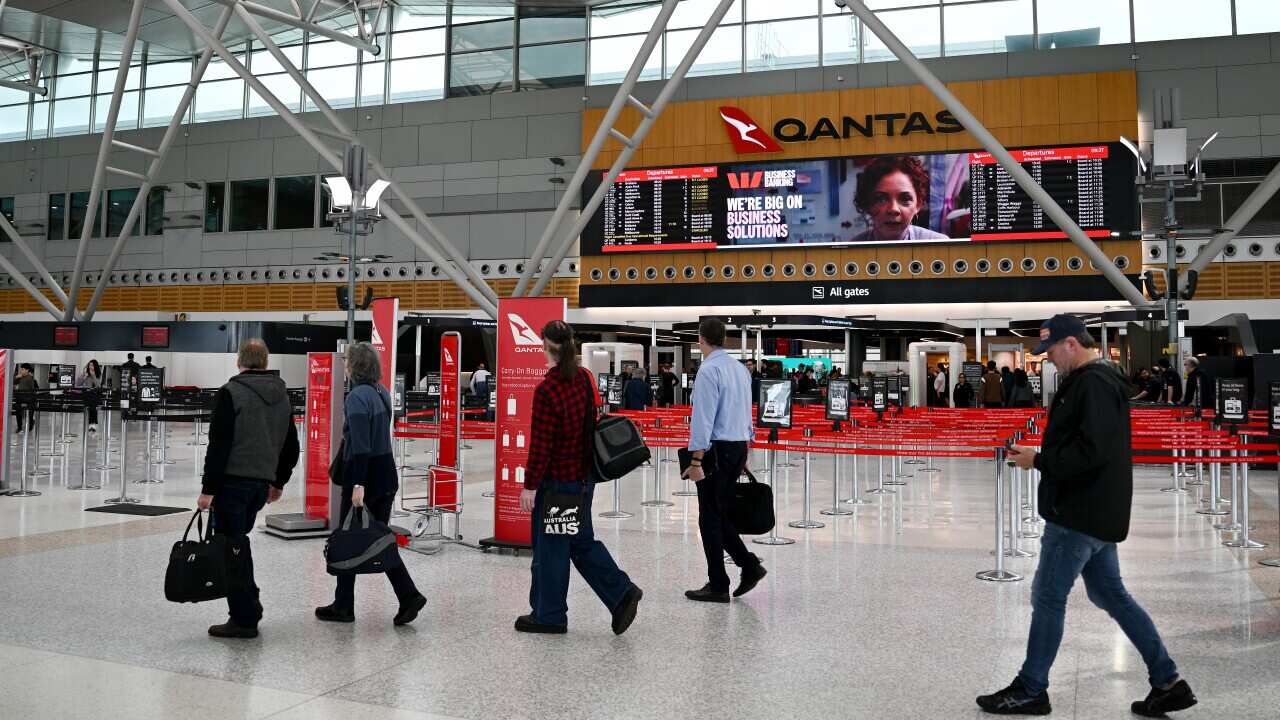Highlights:
- Most recent polls show little interest on the part of citizens in commemorating the 50th anniversary of the coup d'etat.
- Academic Jorge Saavedra believes that Chile is far from being a country in reconciliation and hopes that this anniversary will lead to a deep reflection on what happened after the coup d'etat.
- Political analyst Roberto Munita points out that Chileans have to assume that there are different visions and that a common truth may never be reached.
On 11 September, 1973, the democratically elected President of Chile, Salvador Allende, was deposed by General Augusto Pinochet.
The regime is estimated to have killed more than 3000 people with tens of thousands more interned and tortured.
Fifty years on, according to recent polls on the issue, a sizeable sector of the population continues to vindicate the Pinochet regime and its legacy, while others who suffered firsthand or through losing family members, are still seeking acknowledgement and justice.

General Augusto Pinochet (centre) in 1973. Source: AP
In 1989, Chile finally regained democracy through a plebiscite in which citizens voted to end the military government.
Half a century after that military coup, in contemporary Chile, there is still no consensus on the facts of the past, and disputes between different political and social factions - which defend both the legacy of the Allende government and the Pinochet government - have revived the old ghosts of ideological confrontation.
Allendists and Pinochetists defend their truth
Today, Chile is governed by a left that claims the Allendist legacy through policies that promote an increase in State spending on social welfare.
Current president, Gabriel Boric, is an avowed admirer of Salvador Allende, and together with his socialist and communist allies, they have not hesitated to harshly criticise the violence and the neo-liberal reforms imposed during the Pinochet dictatorship.

People protest the Pinochet government's role in the murder and torture of thousands. Source: AAP / Adriana Thomasa/EPA
For their part, in recent months, right and far right parties have increased their support among citizens, through resounding victories at the polls. With this, the country has also witnessed an increase in admiration for the Pinochet government, and with it, the justification for the coup and the subsequent military dictatorship.
The social upheavals of 2019 and the subsequent failure to approve the constitutional proposal made by an assembly dominated by leftists, have ignited debates about the direction that Chile should take in the future.
Despite recent disputes between politicians and intellectuals over the causes and consequences of the 1973 coup d'etat, most polls show little interest on the part of citizens in this commemoration; in addition, a large percentage of people consider it a milestone that, rather than reconciling, once again divides Chileans.
After 50 years, there are very few instances of reflection
In an interview with SBS Spanish, Diego Portales University academic, Jorge Saavedra, said he believed that the 50th anniversary of this historic event had caused a battle between ideologues over historical “truth”.

Memorial dedicated to President Salvador Allende who was deposed by the Pinochet-led military coup. Source: AAP / SOPA Images/Sipa USA.
"They try to find arguments, to express that, for example, the Allende government was an anti-democratic government and this was stated by Congress at the time.
“This is an unsuccessful narrative ... Chile is not the most progressive country in the world, but there is a consensus on what was a coup d'etat, which was a blow to democracy.”
On the other hand, Mr Saavedra explains, “from the left, it is a matter of installing a narrative that the breakdown of democracy is intolerable, that the attack on human rights is intolerable. But what the Allende government meant is somewhat hidden, in a sense that is more or less permanent.”
For political analyst Roberto Munita, the anniversary was a polarising time.
“There is a lot of rivalry and very few instances of reflection with respect to that date,” Mr Munita said.
Reconciliation among Chileans hasn't happened
Both Mr Munita and Mr Saavedra agreed that it was still impossible to have a thorough reflection on the causes of the overthrow of the Popular Unity government, led by Mr Allende, without it being used as justification for the Pinochet regime's actions and crimes.

Citizens hold protest banners as they make a pilgrimage to the General Cemetery where many of the victims of the Pinochet regime are believed to have been buried. Source: AAP / SOPA Images/Sipa USA
However, Mr Munita said it was important for society to carry out this type of reflection, to identify the different moments of the process and to know what caused the military coup.
“I hope it's possible, not only do I think it's possible, but I also think it's necessary. I say this with great respect, because it is different to say it as an analyst, than to live it and feel it as a victim, or as a person close to a victim," he said.
As a nation we need to make that reflection, separating both worlds. Recent history shows us that things are quite complex.Roberto Munita
According to recent polls, Chilean citizens feel that even after half a century, reconciliation was still out of reach.
Mr Saavedra said that in order for reconciliation to occur, there needed to be public recognition of the families who were still looking for their loved ones.
There is no justice, there is no truth, so much less will there be reconciliation.Jorge Saavedra
Mr Munita said he was "pessimistic" about reconciliation ever being achieved.
“Unfortunately, I feel like we have to assume that there are different visions. That each one will undertake their personal reflection. That we have to be respectful of what the other person may feel, but that we are never going to arrive at a common truth or an official truth, so to speak,” he said.
Fifty years after the military coup, Mr Boric's government recently signed a document called “Commitment to Democracy, ever”, which was also signed by the country's former leaders.
The opposition right, for its part, preferred to abstain from that commitment, as well as from any commemoration of September 11, 1973, instead issuing a joint declaration of commitment to democracy.
